A young Korean, 22 years old, won the Dublin International Piano Competition last month. Nothing unusual about that.
Koreans and Chinese, raised in a school of hard knocks and rounded off in western conservatories, are winning most prizes. A few — like the phenomenal Lauren Zhang who made child’s play of Prokofiev’s second piano concerto in the BBC Young Musician of the Year — are prodigious talents with bright futures ahead. Dublin’s winner Sae Yoon Chon is probably not one of them.
His Prokofiev, an effortful shadow of Zhang’s electrification, trundled along at pedestrian pace with one or two stumbles. I was therefore surprised to see that Chon won. I also noticed that he is a student of the jury chairman.
While the unsuspecting pupils remain none the wiser, this kind of outcome has become familiar at international music competitions, of which there are 300 every year. You can count on one hand those that are fair, honest and transparent. They include the BBC, the Chopin in Warsaw and, latterly, the Tchaikovsky in Moscow. You can imagine the jurors’ conversations elsewhere — you vote for my pupil, I’ll vote for yours. Like Fifa’s World Cup ballot, this business is largely controlled by a bunch of time servers, in this case professors at major conservatories.
Imagine the following scenario. A teacher in a German Musikhochschule is offered a paid week in a sunny resort. All she has to do is listen to hopefuls for a few hours a day and pick a winner from a list of students of the professor who invited her. If she plays ball, the chairman might let one of her pupils take the fourth prize. The rewards would swiftly follow. As a teacher of an international prize-winner, our anonymous friend might then be able to double her private fees and promise all future students that they will have prizes.
There is a twinkle-eyed Russian called Zakhar Bron who, long ago and far away in Siberia, taught young Vadim Repin and Maxim Vengerov. On the back of their fame, Bron often judges competitions where his pupils come out top. His recent wins include Shanghai’s Isaac Stern Competition, the Monaco Music Masters, Young Virtuosos in Bulgaria. At one point Bron announced a new competition in memory of his own teacher Boris Goldstein. Five of the six prizes in the Boris Goldstein competition went to pupils of Zakhar Bron.
Some might be suspicious. At a recent Van Cliburn competition, nine contestants were students of four music professors on the jury.
The Bonn Telekom Beethoven piano competition was won by the chairman’s pupil. Likewise the Bartok Competition in Budapest. Likewise the once-vaunted Carl Flesch last week. One young pianist told me she took one look at the Dublin jury and decided not to apply, since so many of the judges had a horse in the race. In the event, 7 out of 12 Dublin semifinalistswere students of jurors, and two out of the four finalists.
Where there are winners there must also be losers. I hear from kids who spent a fortune on entering competitions, only to face what looks like a rigged result. If TV viewers think they are seeing a test of art and skill, they’d be better off watching all-in wrestling. A few protests have been raised — the conductor Fabio Luisi quit this year’s Paganini Competition in Genoa when professors were added to his jury — but the music business is terrified of any kind of clean-up for fear of losing its only opportunity to expose young talent to a mass audience.
Still, the tide is turning. The quinquennial Chopin competition sets the gold standard by limiting its jury to past winners. At the last event, Martha Argerich and Yundi Li, artists of very different temperament, were delighted to find they had picked the same order of winners, an unarguably good result for the Korean Seong-Jin Cho. Moscow’s Tchaikovsky competition, once a cesspit of apparatchik meddling, has been sanitised by Valery Gergiev’s decision to publish judges’ marks directly after each online performance.
Now, the Leeds piano competition — founded in 1963 by a piano teacher whose pupil won its first prize — has banned teachers from its jury. Artistic director Paul Lewis will chair the judges this year and he has co-opted a violinist to offer relief from the sight of professors tutting away about fingerings. Contestants can now go to Leeds with a promise of fair play. Lewis believes ‘it might be possible to reinvent the competition in terms of what benefits the participants.’ It remains to be seen if he has broken the stranglehold of Fifa-style music professors. Fingers crossed. The future of music may depend on it.
Got something to add? Join the discussion and comment below.
Get 10 issues for just $10
Subscribe to The Spectator Australia today for the next 10 magazine issues, plus full online access, for just $10.
You might disagree with half of it, but you’ll enjoy reading all of it. Try your first month for free, then just $2 a week for the remainder of your first year.

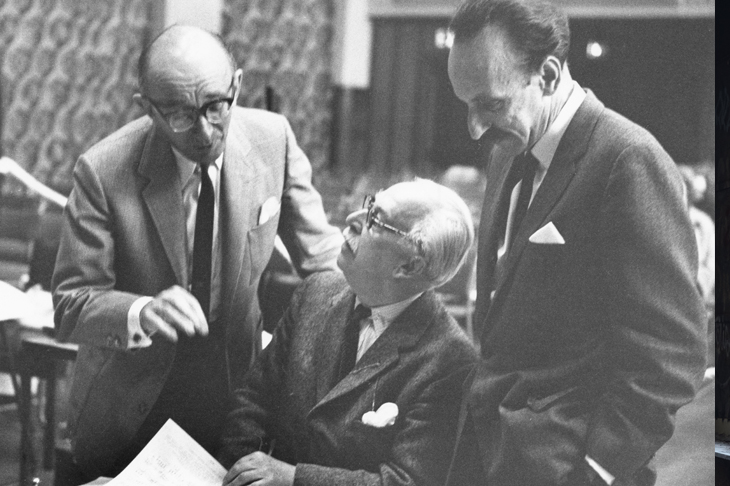
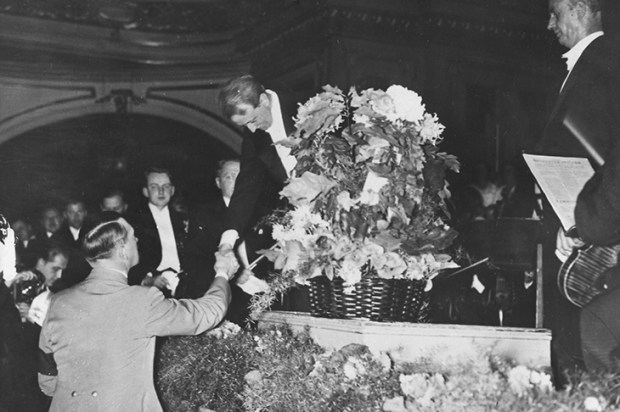
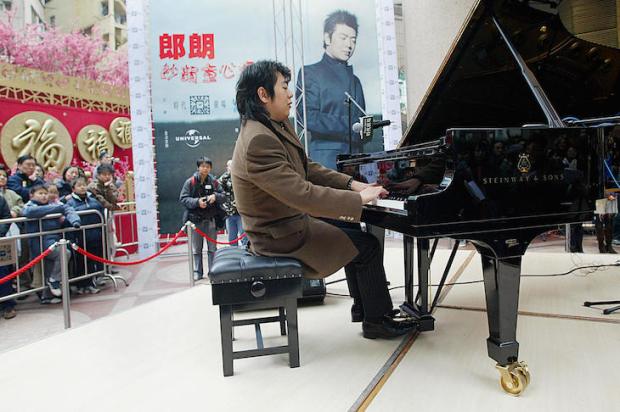
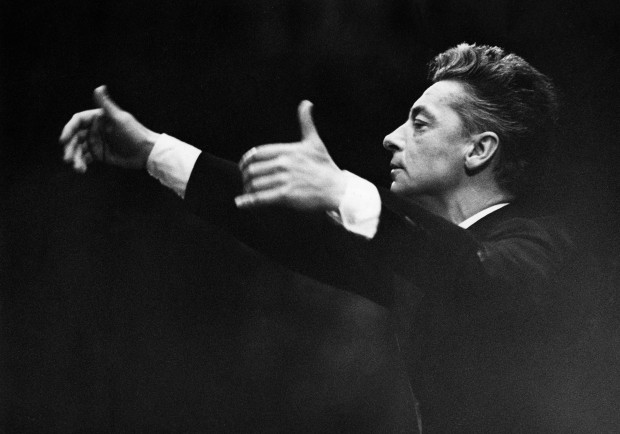

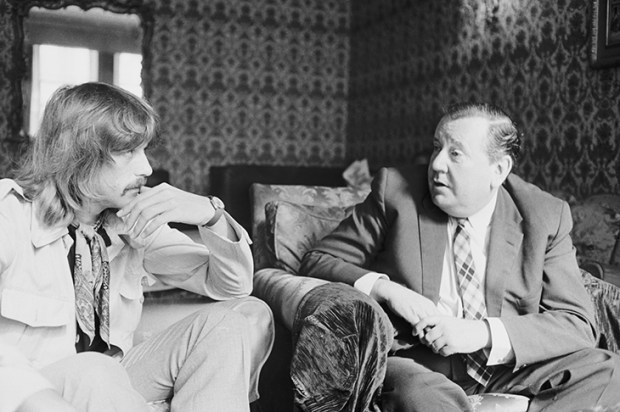
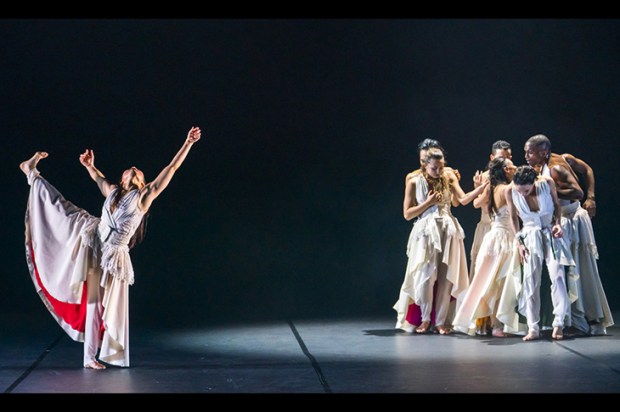






Comments
Don't miss out
Join the conversation with other Spectator Australia readers. Subscribe to leave a comment.
SUBSCRIBEAlready a subscriber? Log in